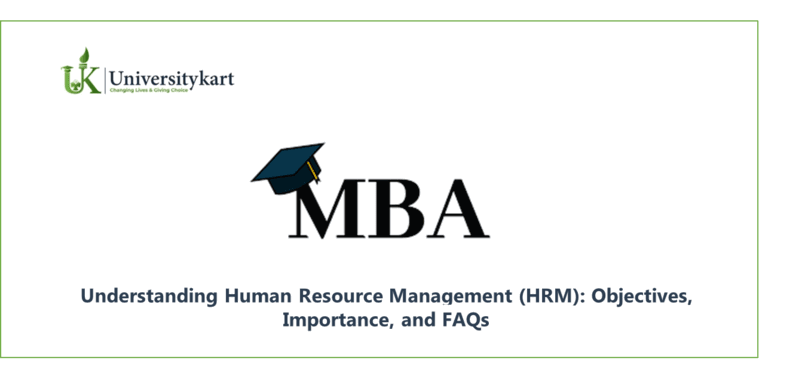
Human resources are the backbone of an organization. They are an irreplaceable asset because the skills, abilities, creativity and will of the human resource enable the achievement of the organization's goals. When we talk about human resource management (HRM) objectives, the first thing that comes to mind is to hire talented and skilled resources for the organization.
But it doesn't stop there; MBA HR management objectives are classified into social, organizational, functional, personal and other additional objectives. First of all, let us understand the importance of HRM before we understand the objectives of HRM.
What is Human Resource Management?
Human resource management (HRM) is a comprehensive process for acquiring, developing, motivating and retaining effective employees. The main objective of human resource management is to ensure the right people with the right skills for the right job in the organization. The basic functions of human resource management include recruitment, training, performance appraisal, motivating employees, ensuring their health and safety, managing workplace communication, etc. Effective HRM encourages employees to work effectively to achieve the company's goals and objectives. Now we understand the important objectives of HRM.
MBA in HRM Course Details
The highlights of the MBA in HRM course details:
| Particulars | Values |
| Degree | Postgraduate |
| Degree Name | MBA in HRM |
| Full-Form | Master of Business Administration in Human Resource Management |
| Degree Duration | 2 years |
| Age | No age limit |
| Eligibility Criteria | Minimum 50% - 60% in Bachelor |
| Minimum Percentage | 50% in 10+2 from a recognized Board |
| Entrance Exams | CAT, XAT,GMAT, SNAP, NMAT, CMAT |
| Admission process | Entrance Exam + Group Discussion + Personal Interview (GD-PI) |
| Cutoff | Highest - 98 percentile (CAT) |
| Average | 90 percentile (CAT) |
| Examination Type | Semester |
| Average Fees | INR 15 - 20 LPA |
| Average Salary | INR 2 -10 LPA |
| Job profiles | HR Manager, Assistant Human Resources Manager, Human Resources Business Partner, HR Assistant, Sr. Human Resources Manager, Senior Human Resources Generalist, Brand manager, Marketing manager, PR manager |
| Top recruiters | TCS, JP Morgan Chase, and Co., WNS Global Services, Accenture, HSBC, HDFC, ICICI, Genpact, Standard Chartered, Barclays, etc. |
| Subjects | Quantitative Techniques for Management, Marketing Management, Managerial Economics, Human Resource Management |
| Scope | MBA HR Abroad, PhD in HR, Professional Diploma Courses like CFA, PMP CRMA, etc. |
Top 12 Objectives of Human Resource Management (HRM)
Societal Objectives
Human resource management involves the development of programs that meet the economic, psychological, ethical, and social needs of employees. For example, reward and incentive programs, equity programs, community relations, employment programs for people with disabilities, etc. The purpose of these programs is to achieve employee social goals, to motivate and retain productive employees. Social goals are important because they help the company grow more responsibly and sustainably.
Organizational Objectives
One of the important goals of human resource management is to ensure that the right number of employees are in the right place and with the right skills. It is a set of goals and strategies aimed at optimizing the performance of the company through effective management of employees. These goals often include attracting and retaining top talent and fostering a positive and inclusive work culture. It improves employee skills through training and development programs and ensures employee well-being and satisfaction. In achieving these goals, HRM aims to align the efforts of the workforce with the broader goals of the company, promoting the success and growth of the organization.
Functional Objectives
The work objective of Human Resource Management is to prepare organizational policies under provisional/territorial and federal laws relating to human rights, occupational health and safety, equal employment, labour relations and labour standards. It helps organizations maintain the quality of work life and ensure ethical behaviour of employees.
Personal Objectives
The personal goal of human resource management involves acquiring, developing, using and retaining effective employees. This is possible when employees are able to achieve organizational and personal goals. To this end, employees should receive appropriate training and feedback on their performance. This helps employees identify areas for development and improve them.
Accomplishing Organizational Goals
Achieving organizational goals is the starting point of HR management. Effective human resource management depends on the use of human resources to achieve organizational goals and requirements. Organizational goals include workforce management and employee needs such as recruitment and training, payroll and retirement. To achieve organizational goals, human resource management requires good planning and implementation. HR management is useless without goals, objectives and allocations. If you know the resources available and your action plan, achieving HR goals is relatively easy.
Work Culture
Human resources success and achieving goals requires putting employees and work culture first. Workplace culture plays an important role in defining human resource management and organizational performance.
The HR manager must participate in promoting policies that promote a better work culture. Automated procedures such as approving leave requests and approving compensation requests can be helpful. Fast business direction and employee empowerment foster a positive work environment. Creating and maintaining positive, open relationships between teams and team members is the first step in creating a positive work culture. Implementing solutions like people management software can solve more than half of your work. Effective onboarding practices are one example of a small effort that can improve workplace perception.
Team Integration
An important goal of personnel is to ensure the good organization of the team. Effective communication between different divisions and teams of the company is important. HR must ensure that the solution streamlines the integration.
Functional goals such as team integration aim to streamline operations and operations. Effective interpersonal communication is essential for effectiveness. The key to effective HR management is finding integration solutions that make it easy for users to access information. For example, employees can contact HR through a self-service website.
Training and Development
The productivity and performance of employees are two important elements that must coexist to achieve the HRM goals of a company. Employees feel organized and secure when they have proper training and growth opportunities. Training techniques have a significant impact on a successful work life. Employee empowerment is a great way to ensure workforce leadership.
Planning, organizing, implementing and evaluating each ship's training can be difficult when working with employees as part of HR management. Solutions like exercise management software can ease the pain by providing you with automatic reminders, an easy-to-use calendar, and reporting and tracking tools. The HR manager can ensure that the company has effective training practices.
Workforce Empowerment
Empowering staff is the main objective of HR management. Giving your employees more control can increase engagement more than anything else. Providing HR management tools such as an ESS (Employee Self Service) website can also reduce the need for HR manpower.
Employees can self-apply for approvals through the website and track them on their mobile devices. No more knocking on HR's door for trivial questions. Numerous HR operations like leave applications, salary certificate generation, PF account verification, remaining leave, upcoming departures, management details etc.
Retention
Employee retention along with providing leadership opportunities and opportunities is one of the main goals and objectives of HR managers. The main objective of HR management should be to maintain employee satisfaction and commitment.
The biggest challenge or goal of HR professionals is employee engagement after the recruitment, onboarding and training process. After two months in the organization, employees usually leave. This could be due to a weak management system or a difficult recruitment process.
Data and Compliance
Compliance management and company/employee information are complementary organizational and operational goals of human resource management. An important task is to manage the payroll obligations of the company's HR managers and professionals and avoid fines or penalties.
Pay attention to standards and regulations before hiring and payroll. To maintain effectiveness, it is very important to avoid baseless claims. An effective HR manager ensures that decisions are made for the benefit of the organization and the employee. Even a slight error in judgment or calculation can result in severe punishments and even loss of respect.
MBA in HRM Accepted Entrance Exam
MBA HR admissions rely heavily on entrance exams. These exams assess the candidate's aptitude, reasoning skills, and overall awareness. Some of the most common MBA HR entrance exams in India are:
| CAT | MAT |
| XAT | NMAT |
| CMAT | GMAT |
| ATMA | SNAP |
| NMAT by GMAC | - |
Frequently Asked Questions
Ques: Why are HR objectives important for organizations?
Ans: Effective HR objectives ensure a skilled and motivated workforce, leading to improved productivity, performance, and overall organizational success.
Ques: How do these objectives benefit employees?
Ans: These objectives promote a positive work environment, opportunities for growth and development, fair compensation, and a focus on employee well-being.
Ques: How can organizations attract and retain top talent?
Ans: Strong employer branding, competitive compensation and benefits, a positive work culture, and opportunities for growth are key factors.
Ques: What are some ways to enhance employee engagement?
Ans: Effective communication, recognition programs, fostering a sense of belonging, and providing opportunities for feedback are crucial.
Ques: What does a positive work culture look like?
Ans: It emphasizes teamwork, diversity, inclusion, respect, ethical behavior, and employee well-being.
Ques: How can HR ensure compliance with labor laws?
Ans: Staying updated on changing laws, developing compliant HR policies, and providing training on legal requirements are essential.
Ques: Why is employee development important in HRM?
Ans: Equipping employees with necessary skills leads to improved performance, higher productivity, and a more adaptable workforce.
Ques: What are some strategies to promote employee well-being?
Ans: Offering health insurance, promoting work-life balance, stress management programs, and Employee Assistance Programs (EAPs) contribute to a healthier and happier workforce.
Related News
View AllRelated Articles
View AllTrending Articles
View All-
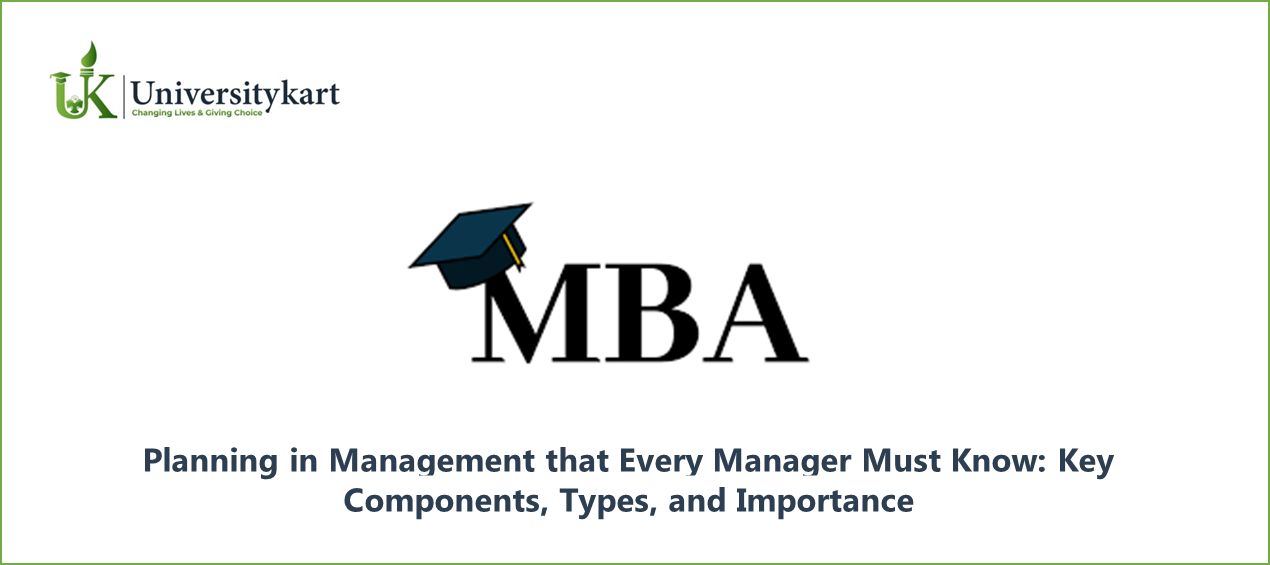
Planning in Management that Every Manager Must Know: Key Components, Types, and Importance
Jun, 18, 2024 Read More -
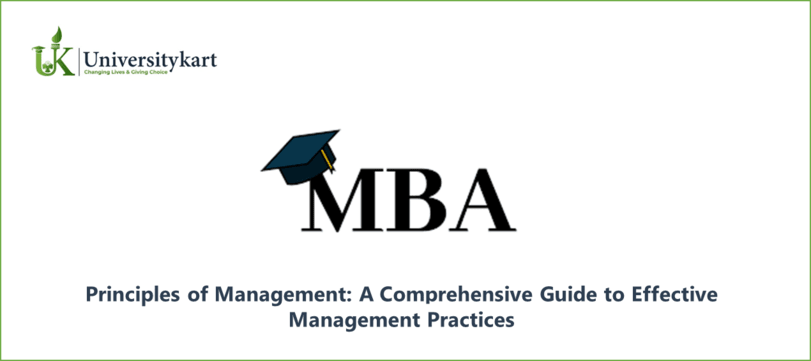
Principles of Management: A Comprehensive Guide to Effective Management Practices
Jun, 18, 2024 Read More -
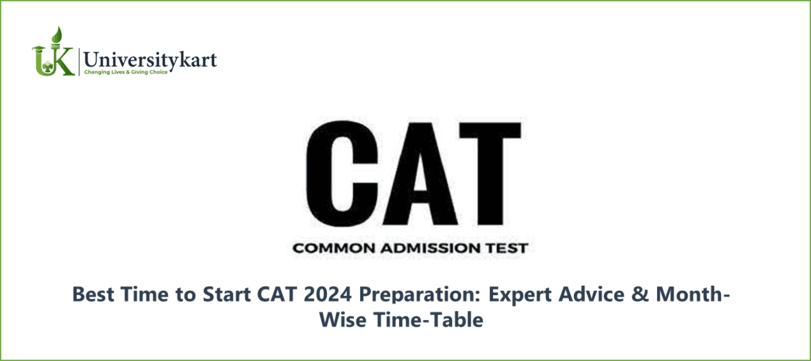
Best Time to Start CAT 2024 Preparation: Expert Advice & Month-Wise Time-Table
Jun, 15, 2024 Read More
Trending News
View All-
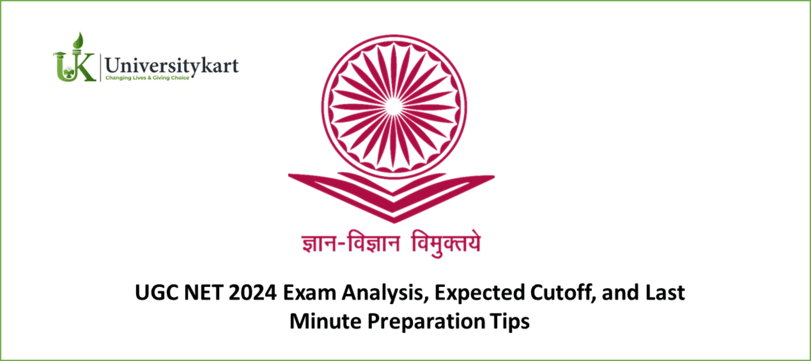
UGC NET 2024 Exam Analysis, Expected Cutoff, and Last Minute Preparation Tips
Jun, 18, 2024 Read More -
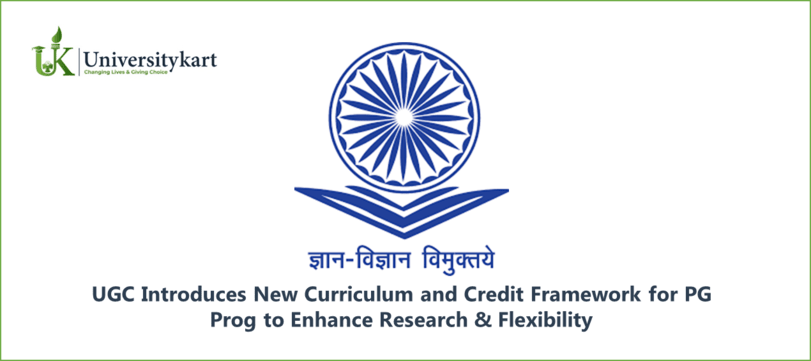
UGC Introduces New Curriculum and Credit Framework for PG Prog to Enhance Research & Flexibility
Jun, 18, 2024 Read More -
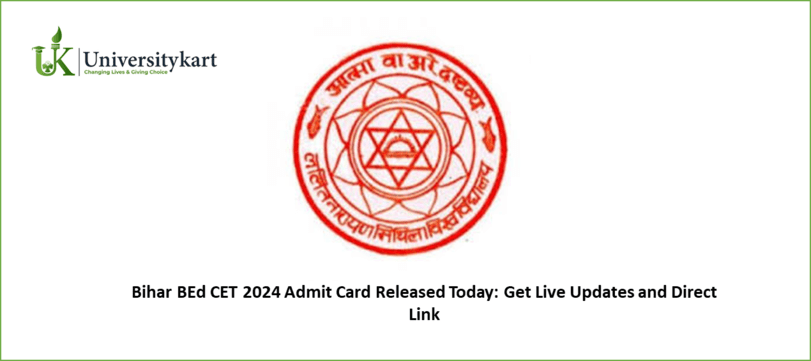
Bihar BEd CET 2024 Admit Card Released Today: Get Live Updates and Direct Link
Jun, 18, 2024 Read More -
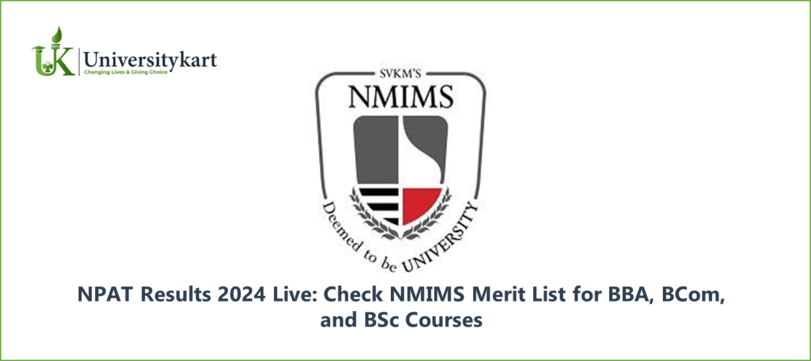
NPAT Results 2024 Live: Check NMIMS Merit List for BBA, BCom, and BSc Courses
Jun, 18, 2024 Read More -
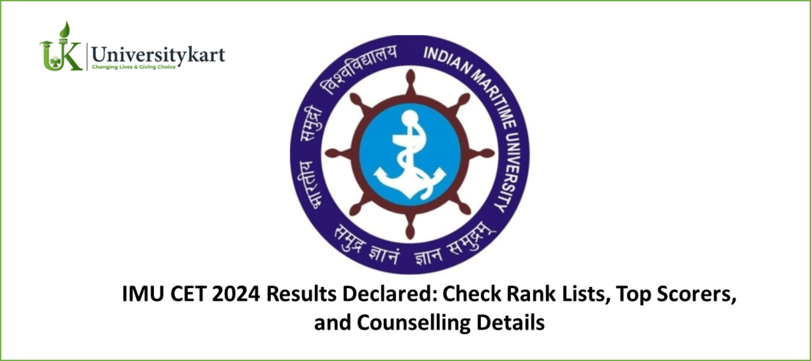
IMU CET 2024 Results Declared: Check Rank Lists, Top Scorers, and Counselling Details
Jun, 15, 2024 Read More -

MET 2024 Round 1 Seat Allotment Result Declared: Check Your Seat Allotment Now
Jun, 15, 2024 Read More


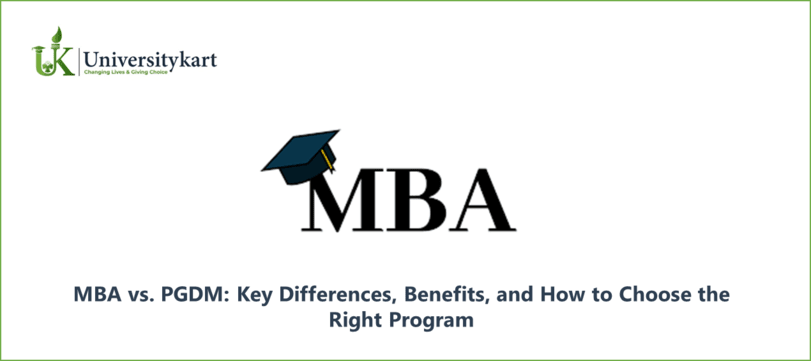
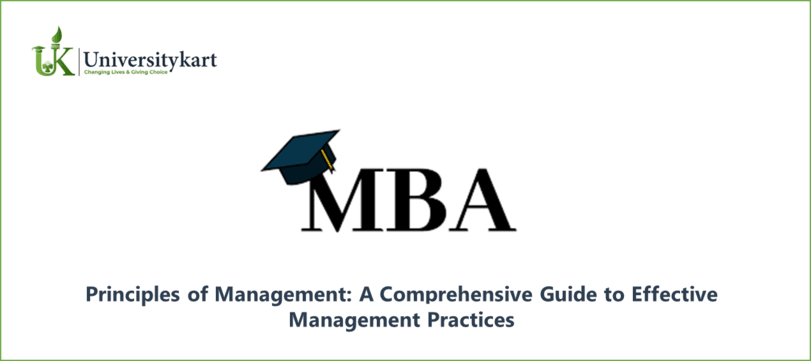

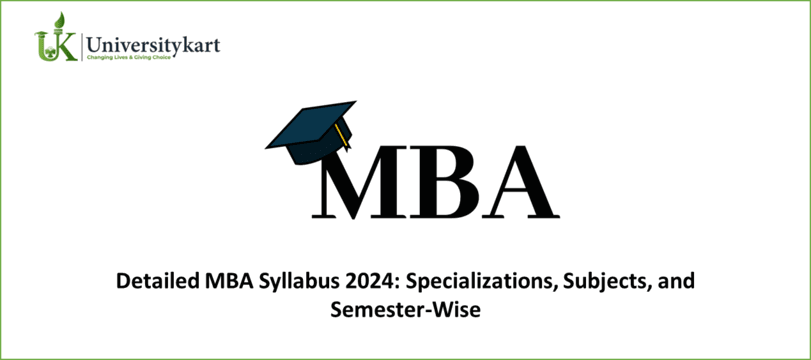
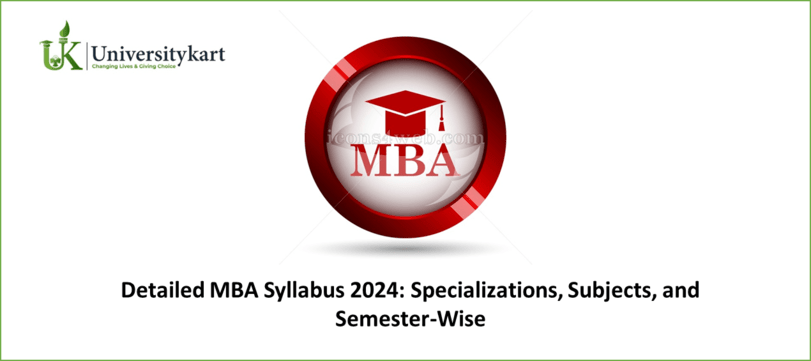
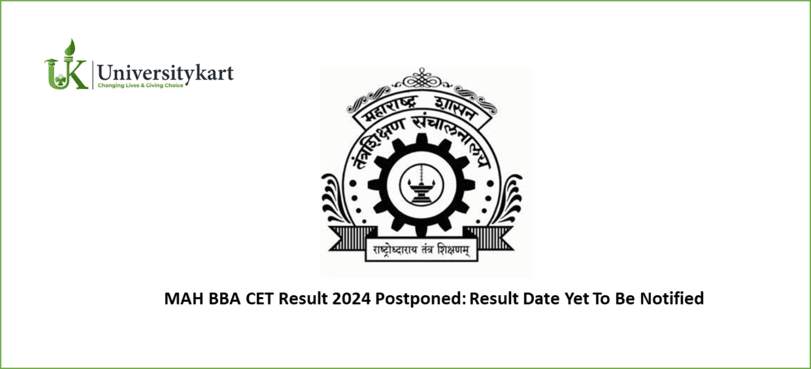
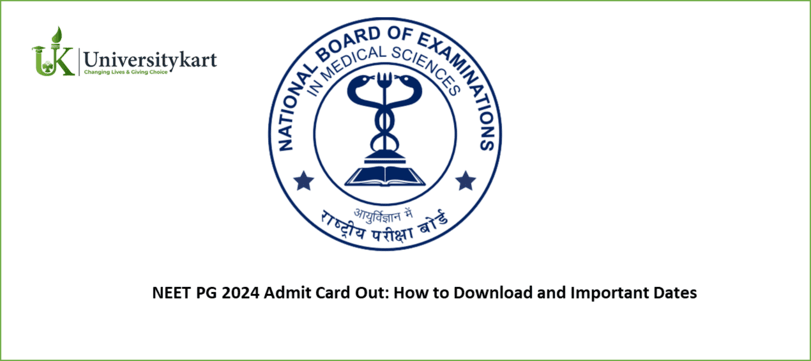
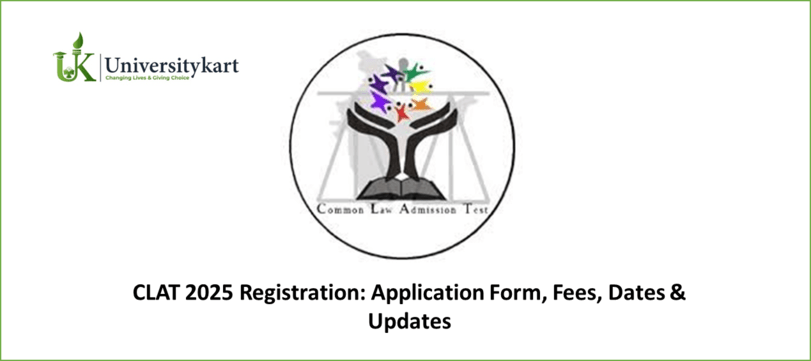
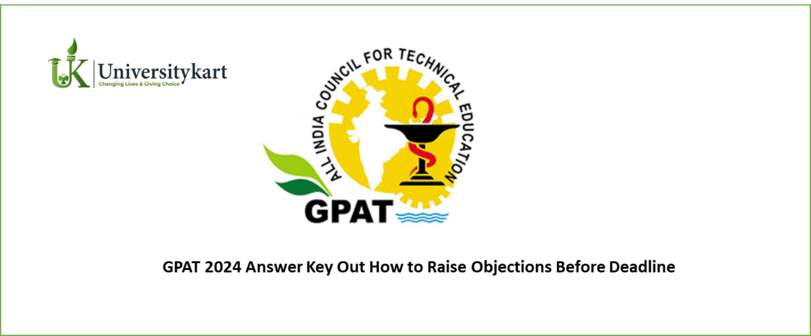

 back
back

